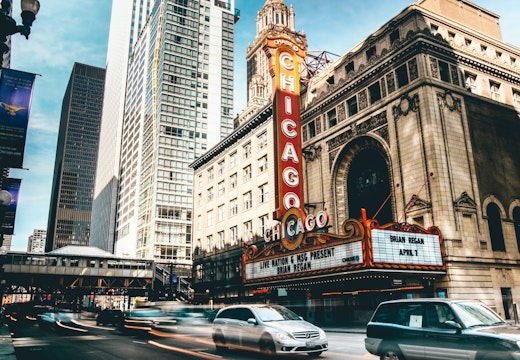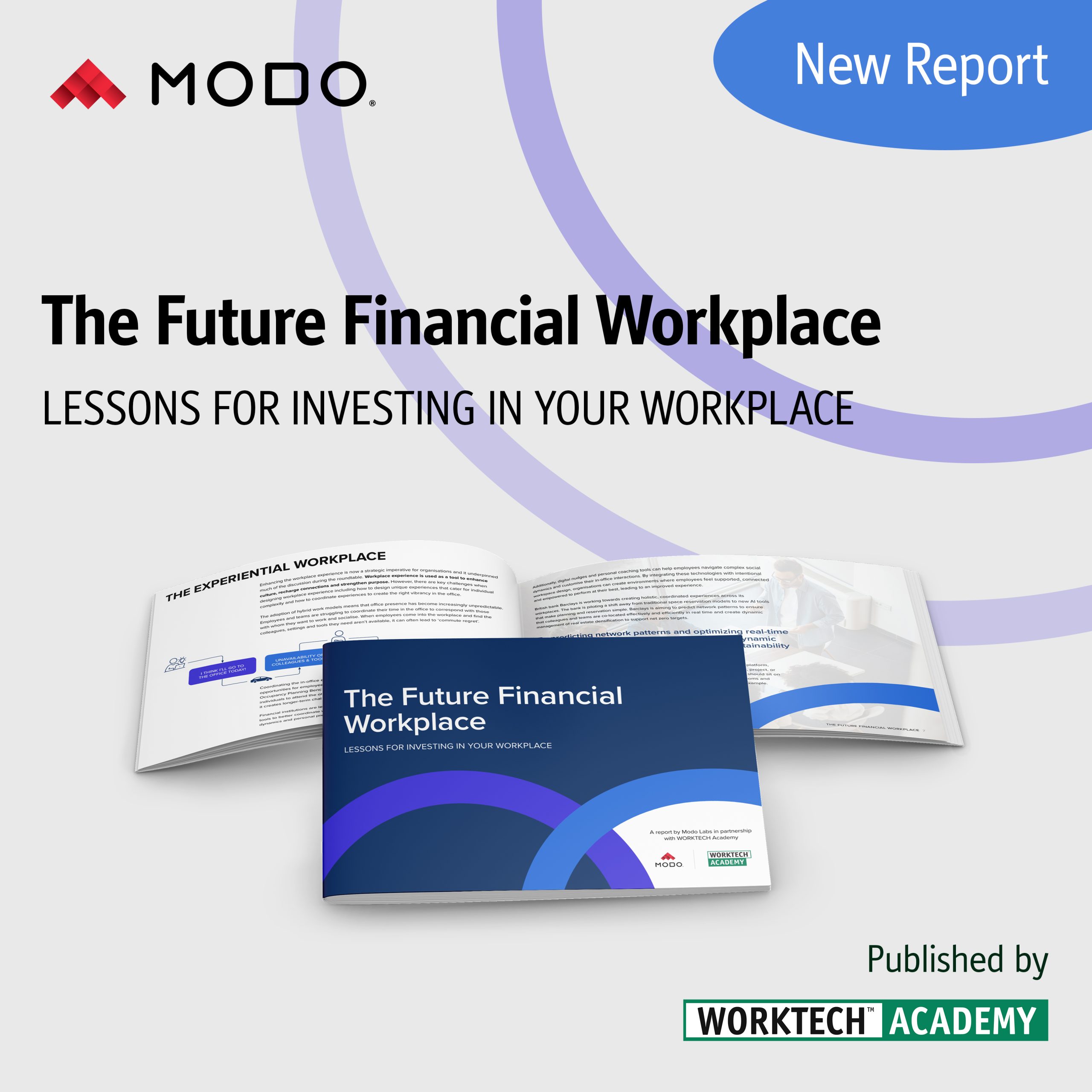Unworking conference highlights six considerations for the future workplace
Unfolding over two days, the Unworking conference returned to London for a second year to look at the latest innovations across two themes: smart technology and workplace experience
WORKTECH’s Unworking conference took place on 4-5 June 2024 across two different locations in London: day one took place at Meta’s London HQ in King’s Cross, whilst day two travelled south to The Ministry in Borough. The conference agenda focused on smart technologies and workplace experience – two key themes presented in the book Unworking: The Reinvention of the Modern Office, written by WORKTECH Academy co-founders Jeremy Myerson and Phillip Ross.
While the first day of the conference centred around smart technologies and the application of workplace data, the second day championed workplace wellbeing, culture and experience. Drawing on the expertise of almost 50 leading voices in the industry speaking on stage over the two days, we have pulled together the six top considerations for the future workplace in London.
Emphasis on placemaking
Rob Cookson, Meta’s VP of global real estate and facilities, opened the conference on day one with an insight into how Meta’s approach to workplace real estate in London. Meta picked King’s Cross as the home for its new London HQ based on its strength as a transport hub, the high quality of buildings in the area, the extensive amenities, and the fact that its landlord – Argent – has demonstrated a big commitment to sustainability. Meta at King Cross is home to 4,000 employees, comprised mainly of engineering teams working on Instagram, Reality Labs – which is building the future of connection within virtual and augmented reality.
The theme of placemaking spilled into day two of the conference as Lohan Presencer, executive chairman of The Ministry of Sound spoke in a fireside chat with Mike Petrusky, director of podcasts at Eptura, about The Ministry’s vision for the workspace of the future. Lohan Presencer outlined his ambitious concept which fuses community, workspace, and social hub, and spoke to the importance of creating outstanding amenities that meaningfully enhance a workspace.
The Ministry opened in July 2018 with the foresight that the demand for future office space will focus on hospitality-infused spaces with a member’s club-style design. It is a space that has considered the small details of workplace experience from the signature fragrance to its playlist curation, as Lohan Presencer explained: ‘You can’t be content with surface level attention, but rather, you should have high target aspirations for your results.’
Technology with purpose
In a fireside chat with WORKTECH Academy director Jeremy Myerson, author Julia Hobsbawm spoke to the day one audience about her latest book, Working Assumptions, which is based on her recent series of Bloomberg articles and sets some of the key issues affecting how we live and work in a wider economic and cultural frame.
Putting the spotlight on management and method, Hobsbawm dived in the idea of a ‘united state of work’ in which the ‘global workforce is more united than at any point in its history’. She explored how the world has changed profoundly in the past four years – the old hallowed institutions on which the world of work was founded are increasingly being questioned, leading to increased feelings of vulnerability and a redrawing of the contours of work. The outcome of this? According to Hobsbawm, we now want things to matter more. The technology we choose to integrate into our daily lives should have purpose.
As the technology market continues to innovate and grow, finding the right digital integrations for the workplace is complex and workplace leaders are looking for guidance. A panel discussion, moderated by WORKTECH Academy’s strategy director Matthew Myerson, announced the launch of the third edition of the WORKTECH Technology Guide series that profiles over 130 different leading technology vendors in the field.
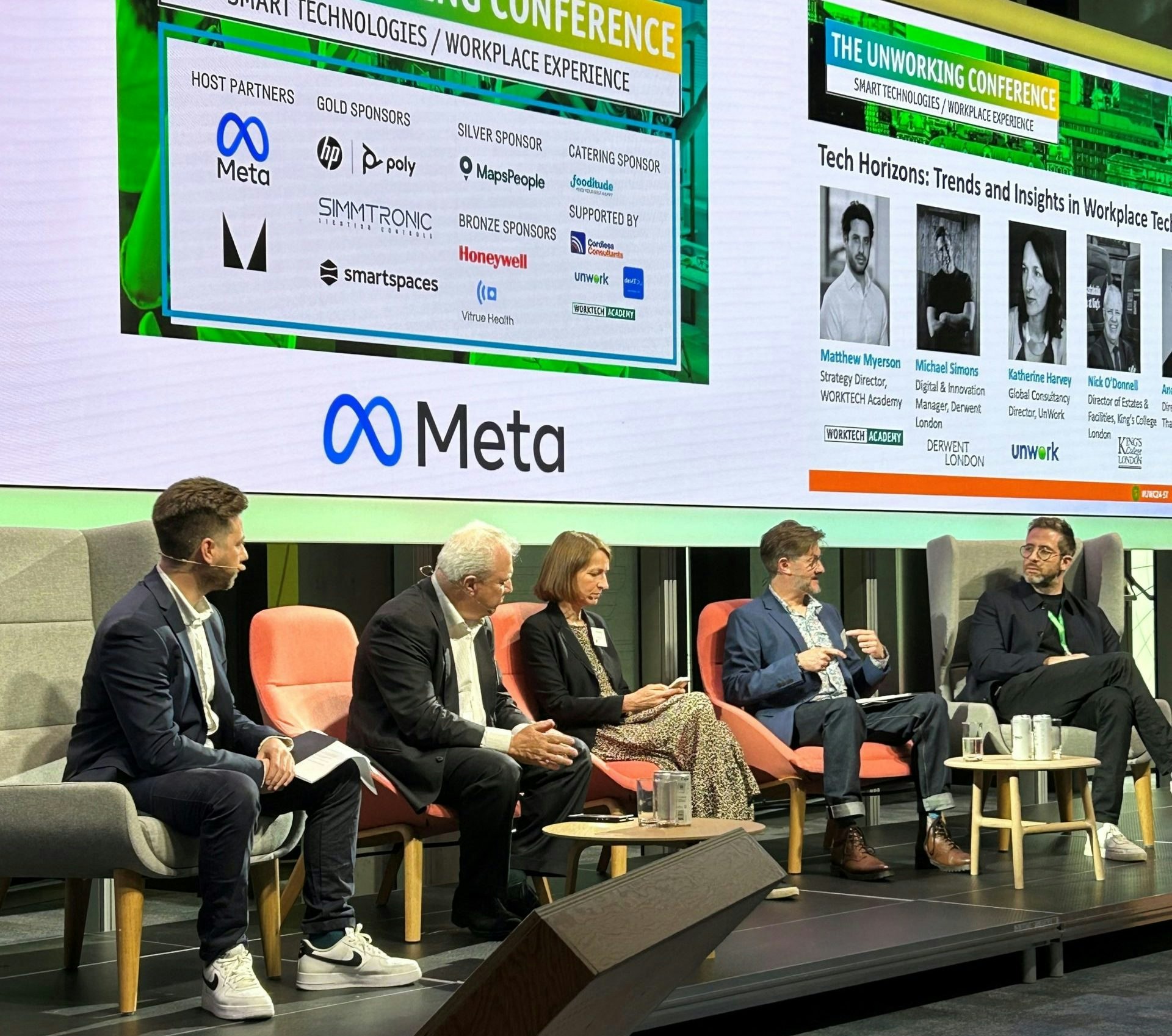
From left to right: Matthew Myerson, WORKTECH Academy; Nick O’Donnell, King’s College London; Katherine Harvey, Unwork, Andrew Thexton-Pee, Thames Water, and Michael Simons, Derwent London.
The panellists – Katherine Harvey of Unwork, Michael Simons of Derwent London, Nick O’Donnell of King’s College London and Andrew Thexton-Pee of Thames Water – discussed how technology can be integrated to meet different business objectives, in particular how it can help meet sustainability goals. The panel remarked that the drive towards sustainable and climate friendly buildings that we are currently seeing are largely being steered by investors who want to invest in a sustainable product as much as employees who want their companies to do the right thing.
Humanising AI
A talk by Madiha Kahn, an AI researcher and data scientist, explored the human side of AI. She stated that ‘Before we appreciate what AI does, we need to appreciate who we are as humans – we already have a huge, nuanced and emotionally complex wealth of information available to us that stems from being human.” Kahn looked at the different possibilities of AI to enhance our innate human qualities, exploring use cases from AI as a personal coach and tutor to AI as a coworker or research companion.
Rob Garlick, head of innovation, technology and the future of work at Citibank, also spoke in favour of the human element when it came to new technologies. He remarked that digital transformation is happening at such a pace that people cannot keep up with it – but we can engage with the conversation, and allow people to upskill and reskill. Paramount to this is valuing human skills, such as collaboration and empathy.
Reality check
On day one of the conference, Indy Johar, CEO and founder of Dark Matter Labs, gave the audience a reality check as he presented a case for how the way in which we live and work sustainably over the next ten years will be far more difficult than anticipated, and that we must learn to embrace hard change. With the understanding that a mass-scale retrofit of the UK built environment is not possible due to restrictions on carbon budgets, we should turn our attention to ensuring the material circularity of a building, and understanding how design thinking can support different aspects of how we live and work in an era of increasing complexity.
On day two, Emma Bridger, founder of The People Lab/ EX Space and author of a new book Employee Experience by Design, picked up on similar themes. Noting that the workplace is changing at a faster pace than anytime since the industrial revolution, Bridger remarked on how shifts in employee expectations mean that we need to be intentional about the type of experience that we want to create for employees. Employees are the consumers of the workplace, and they need to be at the heart of everything.
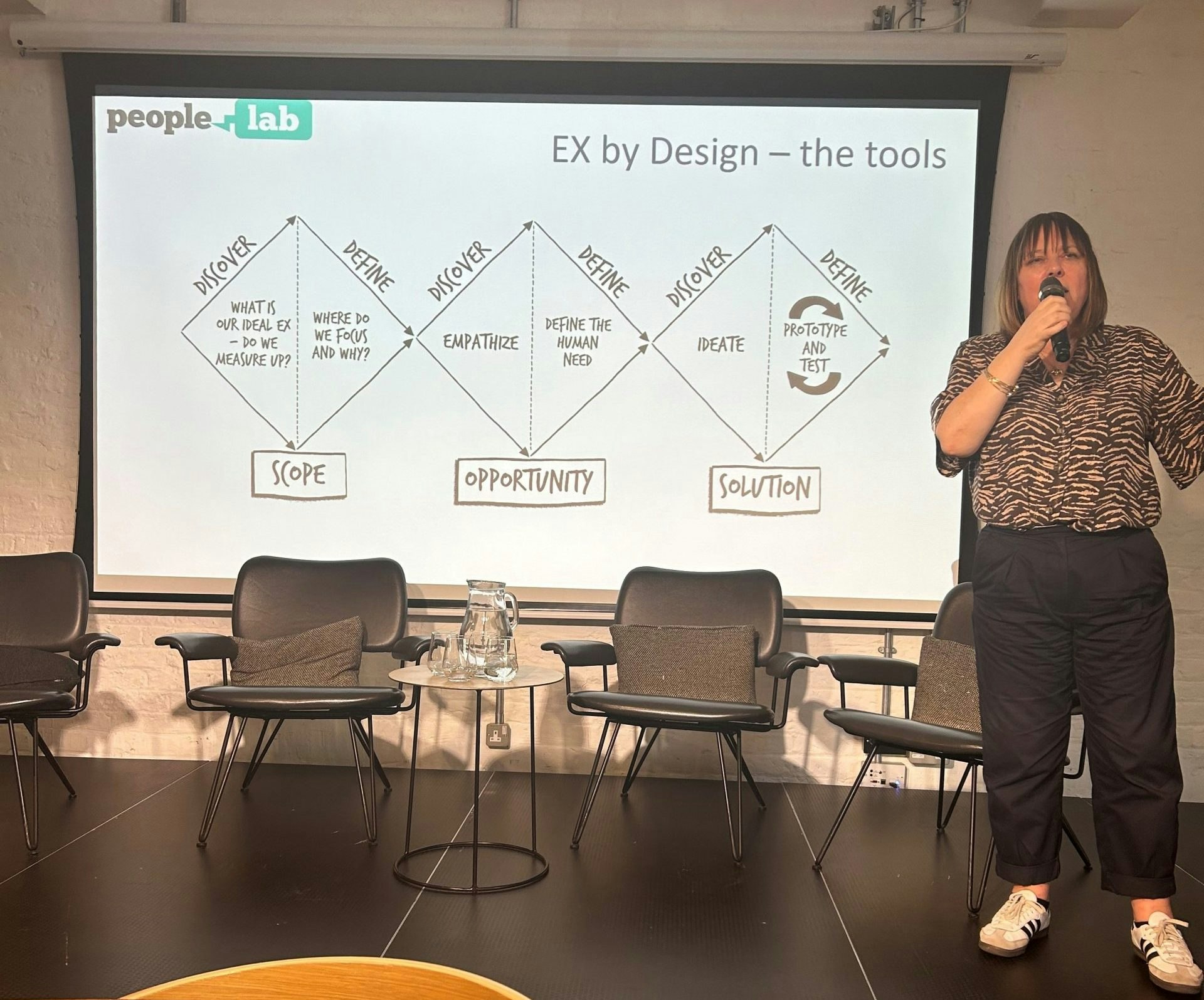
Emma Bridgers suggested a design thinking approach to create intentional employee experiences in the office.
Wellbeing starts with small habits
Wellbeing coach Duncan Young kicked off day two of the conference by stating that workplace wellbeing starts with the small, everyday habits that individuals can adopt to improve their wellness. Some of his tips included creating feedback loops – reflective practices to help you understand why and how things happen, and then adjust accordingly; having a sense of purpose – something to lean into and shape meaning; valuing sleep – adequate sleep cadence on a daily basis makes an enormous difference to our wellbeing; and social capital – the strength of an individuals’ social connections are the number one determinant of happiness.
But when it comes to wellbeing in the workplace, who is accountable? According to Duncan, everyone has a part to play. Employers can shape the workplace environment, but it’s up to individuals to make small positive changes on a personal level. His advice resonated with an insight from author Julia Hobsbawm on day one of the conference: wellbeing at work cannot be confused with unwell workplaces.
‘Wellbeing at work cannot be confused with unwell workplaces’
This idea was reinforced in a panel moderated by WORKTECH Academy’s head of research and editorial, Kasia Maynard, who was joined by Sean Tolram of HSBC, Rhian Windridge of Google and garden designer Catriona Rowbotham. This panel explored insights into innovative approaches to enhancing employee experience. Sean Tolram, a mindfulness programme delivery manager at HSBC, suggested we can incorporate mindfulness strategies into our daily routines. This can be anything from tips on how to manage your inbox mindfully to approaching giving feedback mindfully. This incremental changes can take people out of a state of threat, moving towards a state where people can flourish in the workplace.
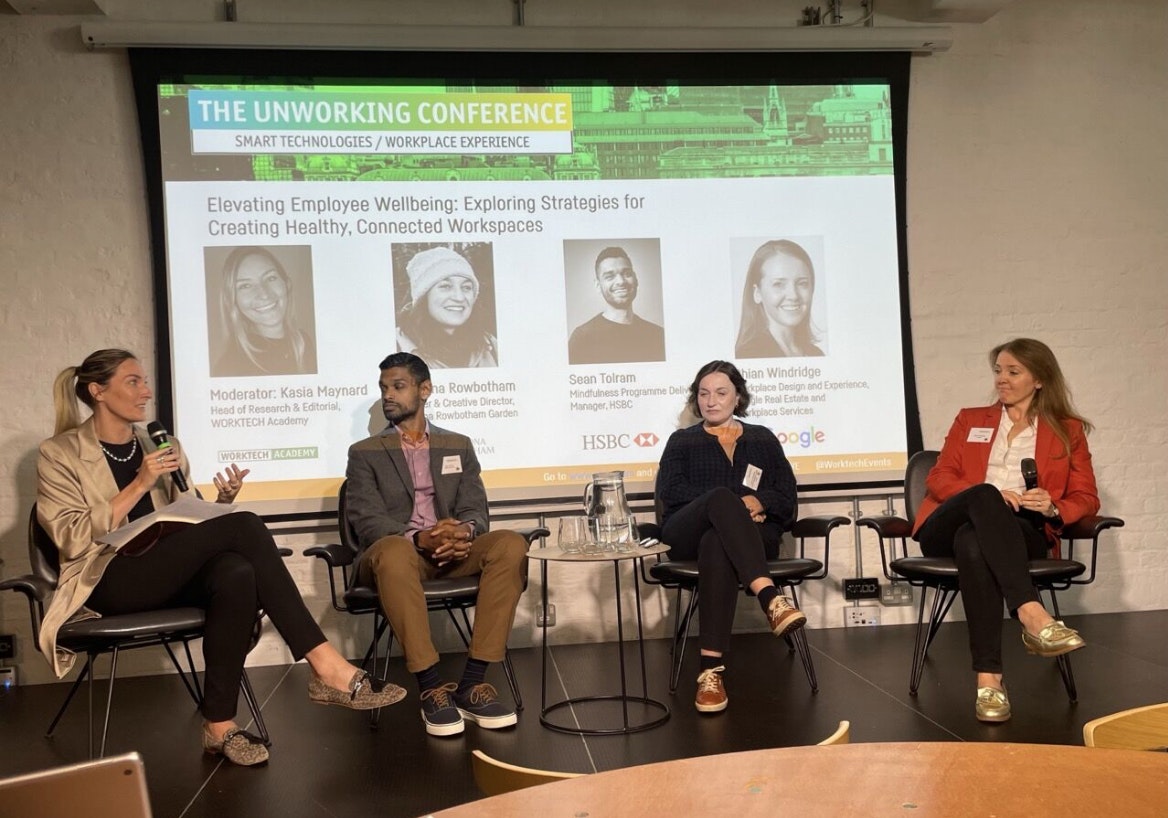
Panel discussion on elevating employee wellbeing. From left to right: Kasia Maynard, WORKTECH Academy; Sean Tolram, HSBC; Catriona Rowbotham, independent garden designer; Rhian Windridge, Google
A sense of community
In another expert panel on day two of the conference, experts from BP, Volvo and WTW spoke to the WORKTECH audience about their visions for fostering a community culture in the workplace. A key takeaway from this session was that senior leadership should be a visible and accessible presence in the workplace, supported by continuous feedback loops. Kristen Lloyd, senior workplace, data and systems manager at Volvo, shared insights into the success of Volvo’s offsite day, where newly onboarded employees come together to learn more about the Volvo cars and the history of the company – a process of understanding the culture in order to then be able to work more effectively within it.
In a newly introduced open mic session on day two of the conference, the WORKTECH audience was delighted by a reworking – or an ‘unworking’ – of a Robert Frost poem, The Road Not Taken, by Jonathan Clark of HP:
Two choices diverged post pandemic
And pleased, I hope to leverage both
Home working is no more a gimmick
Work wherever make it systemic
To help us drive our future growth
Some days at home, where I focus there
And having perhaps a better claim
To the office with ideas to share
Collaboration anywhere
At home or office should feel the same
And both approaches have equal play
To get work done and to stay on track
Decide what’s best and work our way
It’s so important to have our say,
Welcome modern work no turning back.
I shan’t be telling this with a sigh
Somewhere ages and ages hence
Two modern work styles diverged, and I
With employer did right gear supply
And that has made all the difference!
-Jonathan Clark 5 June 2024 AD BC (written Before Chat GPT!)
Further reading, as recommended by WORKTECH experts:
- Learn LLM – Google
- Network Strategies – Rob Cross
- The happy secret to better work – Shawn Achor
- The power of proximity to coworkers: training for tomorrow or productivity today?
- The Stoddart Review – The Workplace Advantage
- The World Happiness Report 2024




